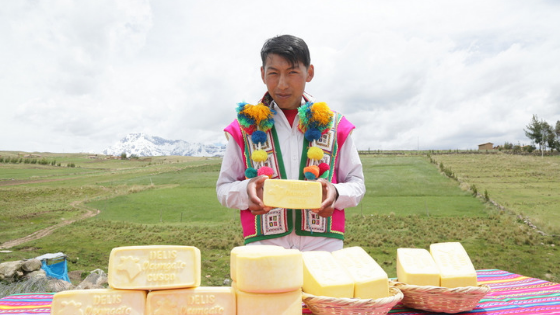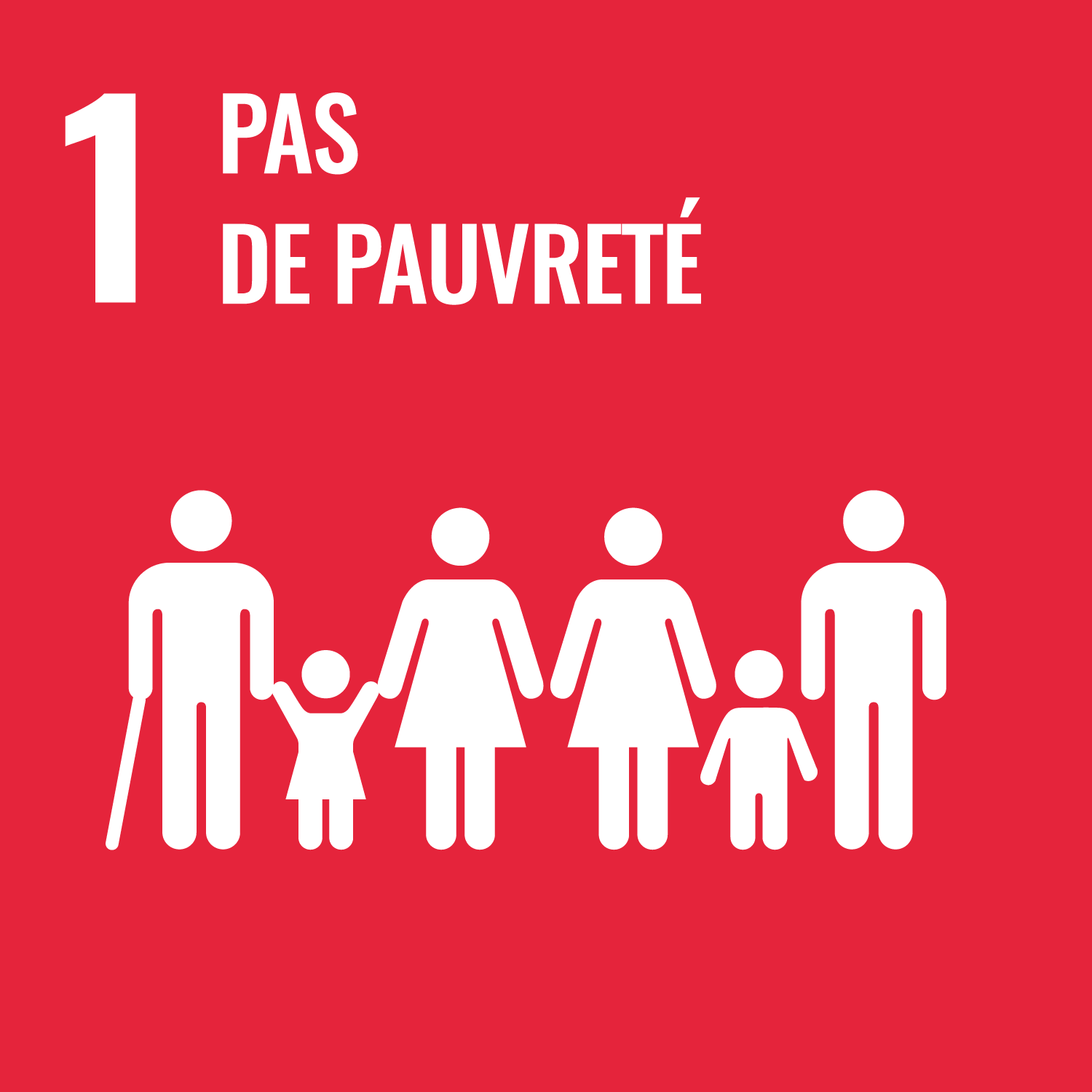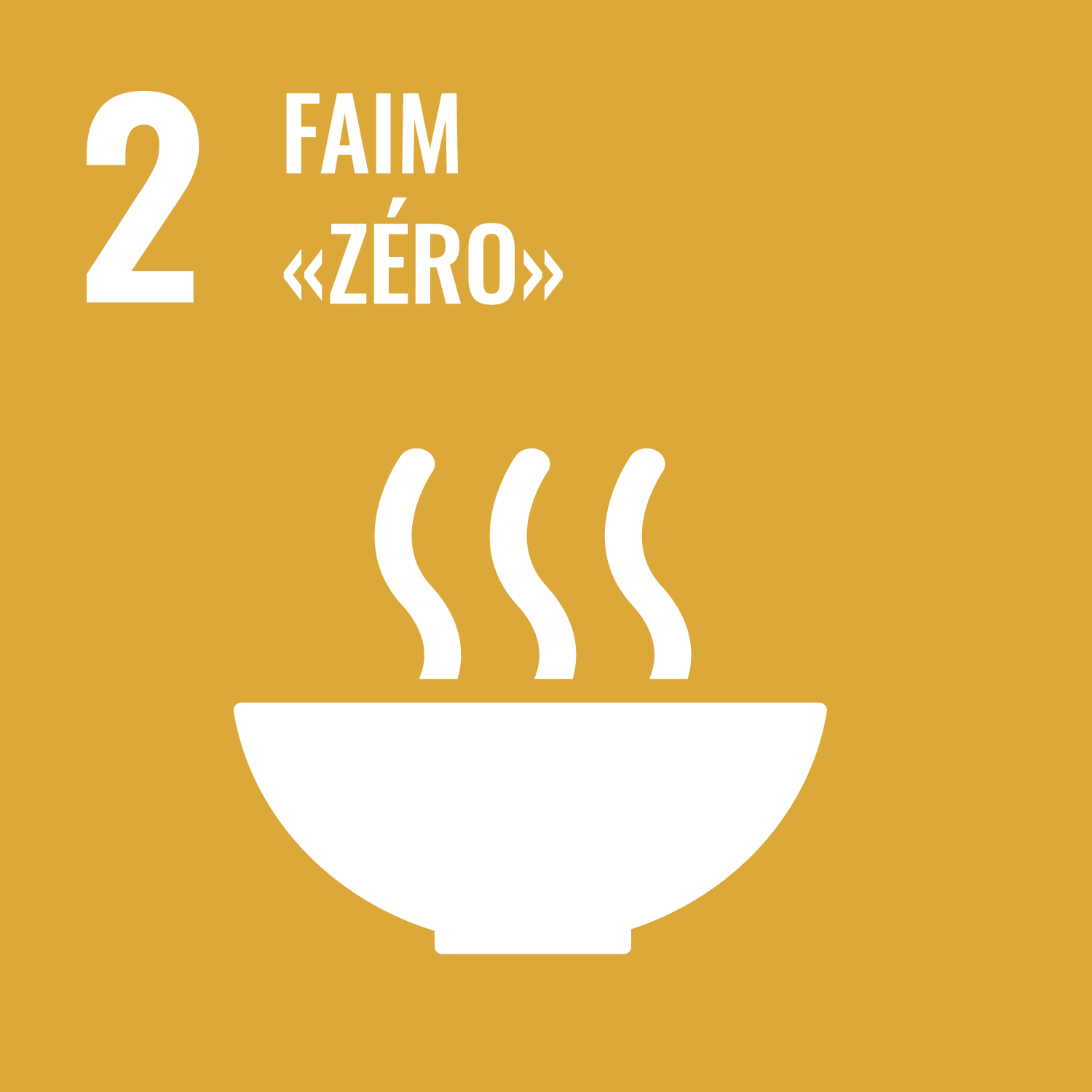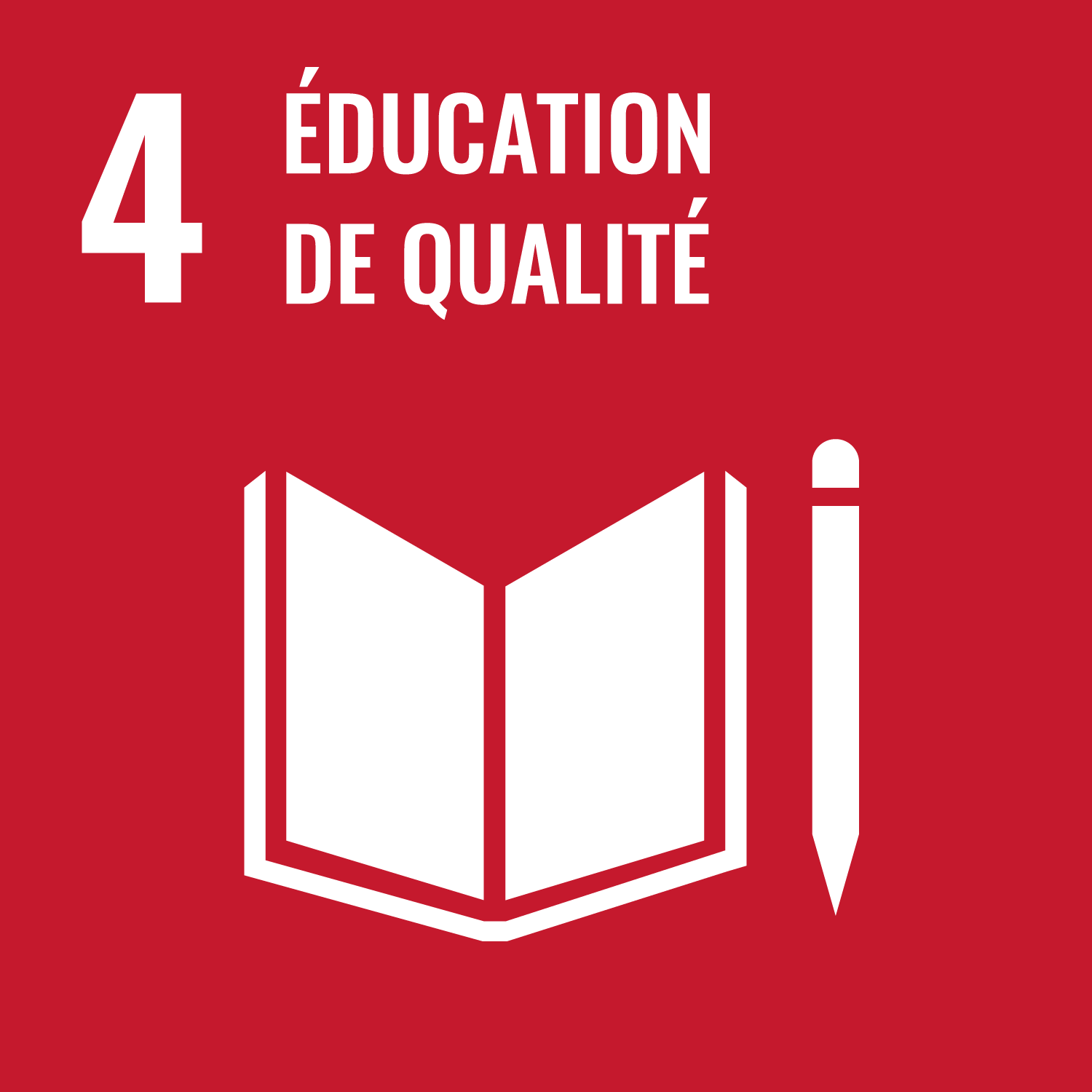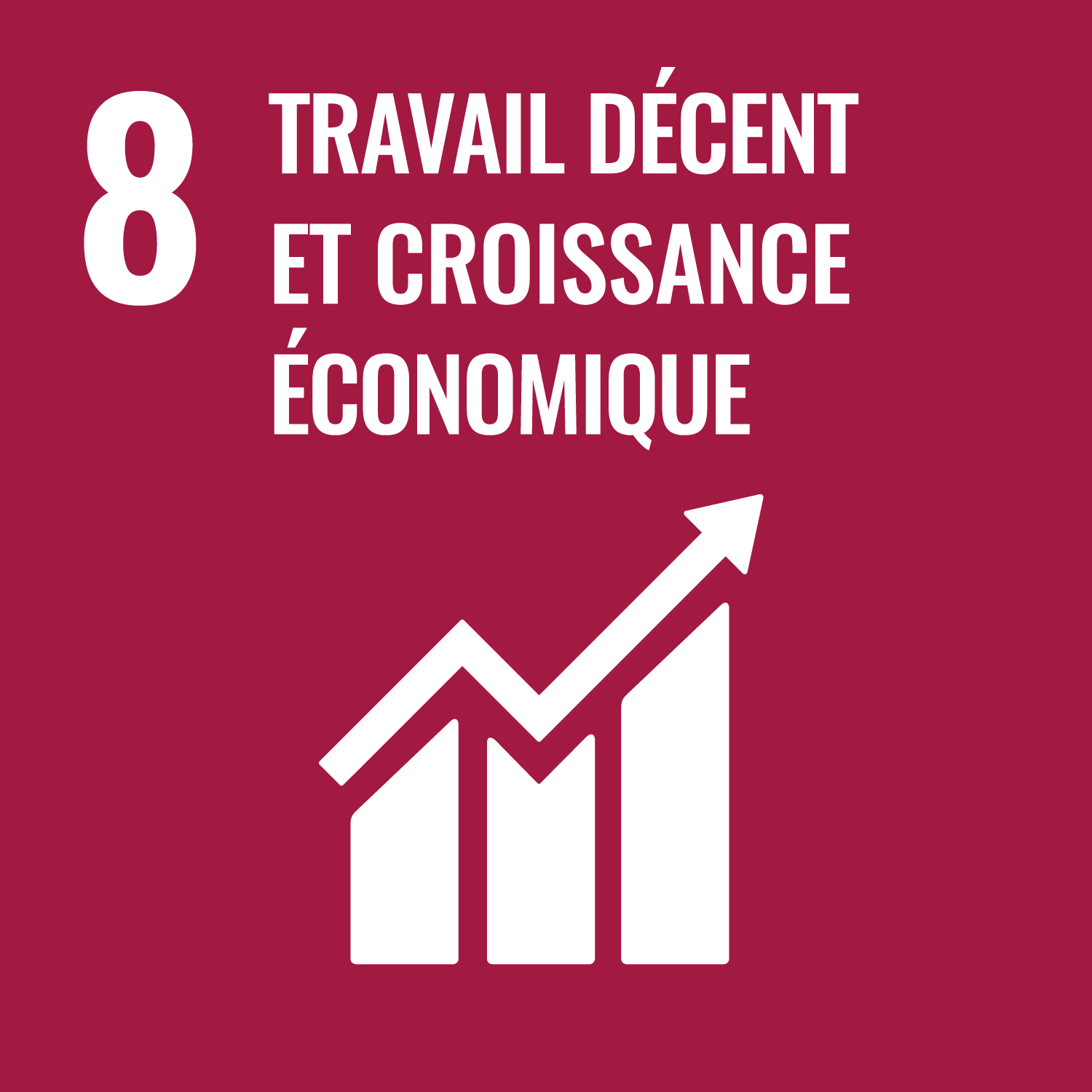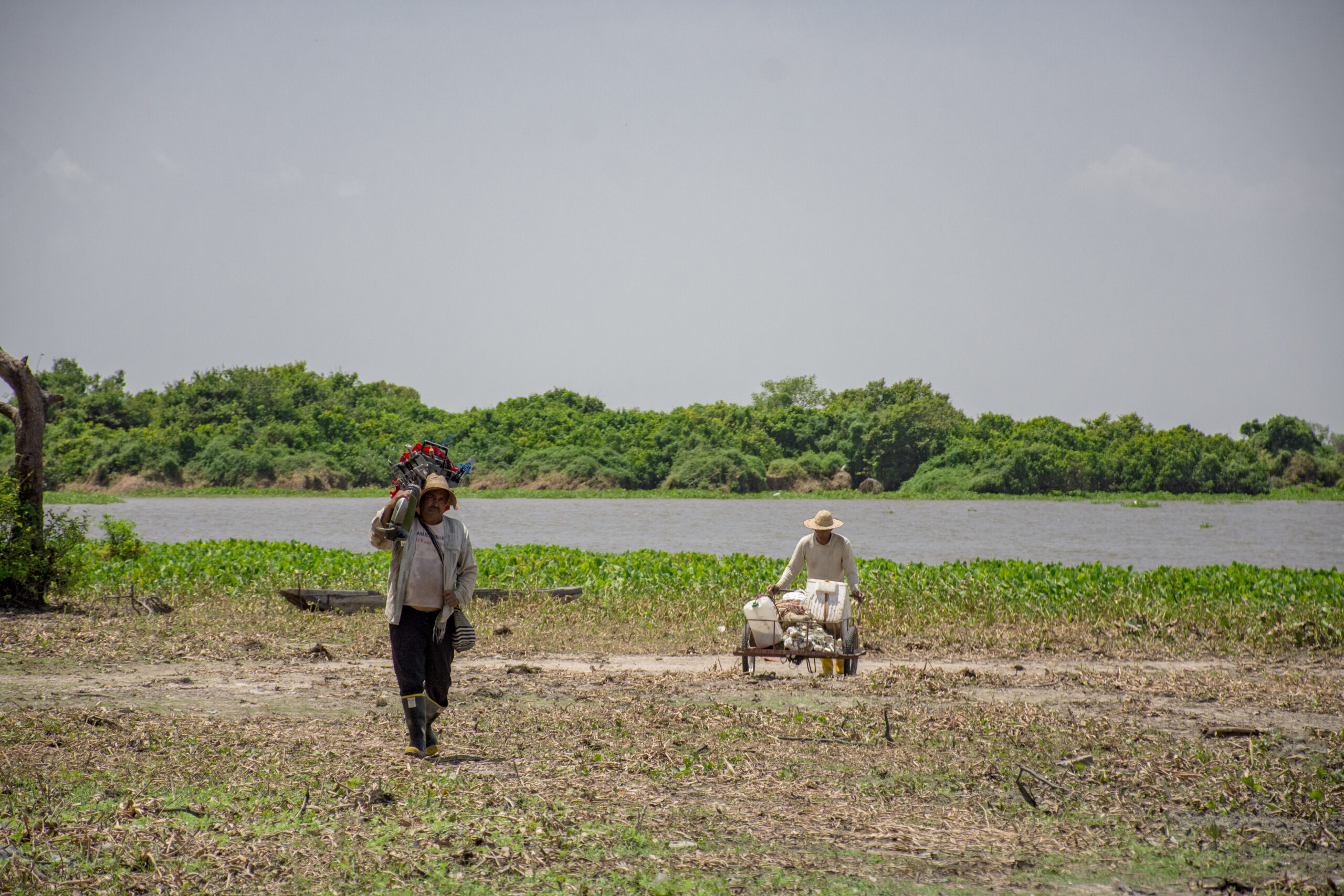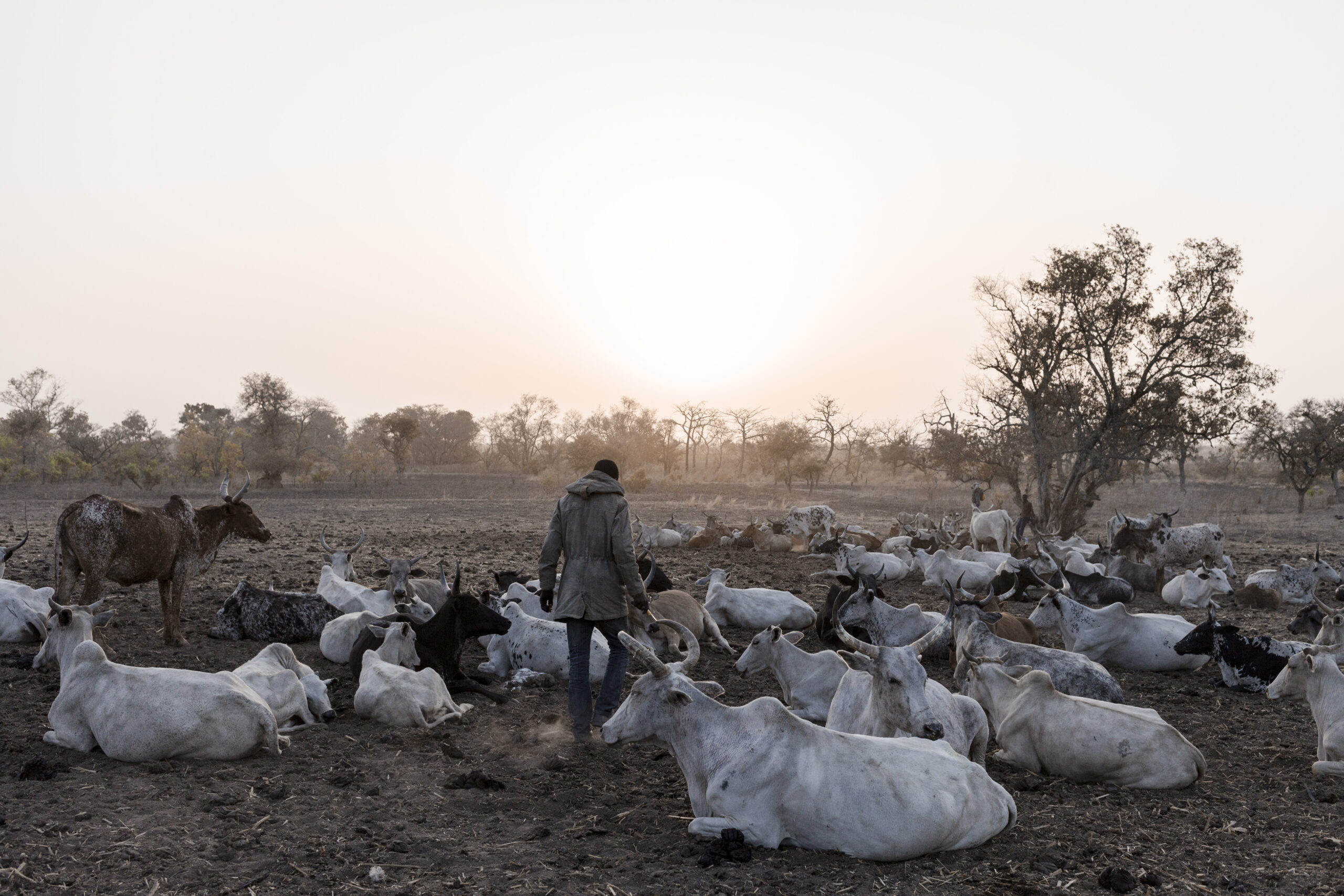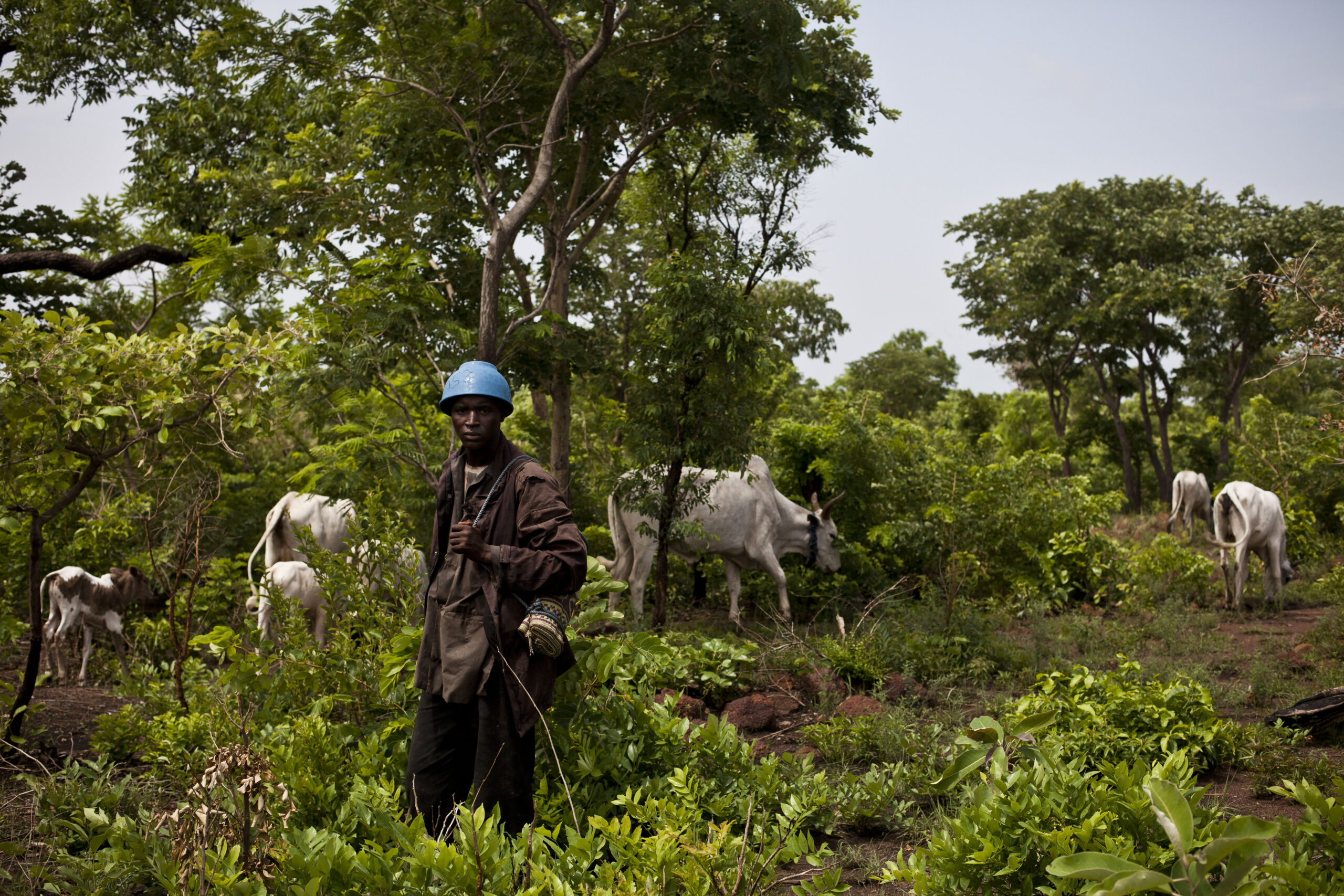Supporting 1,130 producers
The Peruvian economy has grown considerably over the past 20 years. But the wealth created has not been distributed equally. It has been concentrated in the hands of a minority of the population, primarily in Lima. And although a middle class is starting to emerge, much of the population is excluded from sharing in that wealth, particularly in rural areas. In the Cuzco region, the towns of Ocongate, Ccatca and Andahuaylillas are prime examples of the country’s contradictions and potential. The region is vulnerable to climate change, natural disasters and social and environmental conflicts linked to soil and water contamination caused by raw-material extraction. Acting for Life is therefore working to promote an alternative growth model that is more diversified and sustainable.
Project overview
Acting for Life has been working in the Cuzco region for the past six years to boost the local economy. The results have been positive for producers in the region. This new two-year project aims to consolidate our work and ensure its long-term success in order to encourage the development of sustainable agriculture throughout the region. The goal is to expand agroecological production in Ocongate, Ccatca and Andahuaylillas by setting up and supporting strategic supply chains. The project has four pillars:
- Production: technical and production assistance for the dairy and guinea-pig sectors (quality improvement and product differentiation), and creation of new supply chains for mushrooms and organically grown native potato varieties. The project will ensure that environmental issues are taken into account more fully by: expanding measures to reduce environmental impact, gradually transitioning to agroecology and organic production, introducing aspects of the circular economy for better management of production waste, and producing organic fertilizers.
- Sales: a company will be created based on the model of the social and solidarity-based economy, bringing together the non-profit CCAIJO and a pilot group of producers. The project will help set up the company and define its business plan and marketing strategy. It will also promote the local brand “D’Ausangate”, which was created at the end of the previous project to promote and sell local value-added products.
- Advocacy: strengthening producer organisations so that they can participate in forums for discussion and regional governance; promoting and supporting policies for the development of agroecology.
- Access to credit: a fund will be created for technological innovation and to ensure that family businesses have access to credit.
Objectives
- ensure that environmental issues are taken into account in the region’s economic growth;
- improve quality, productivity and profitability for local products;
- boost revenue for family businesses: milk 5%, dairy products 10%, guinea pig 15%;
- open new commercial outlets and boost revenue for the company created through the project and the D’Ausangate brand;
- ensure that producers receive a fair share of the profits generated through the sale of the products processed by D’Ausangate.
Key figures and results
-
- 490 family dairy businesses, 18 female cheese and dairy producers, 240 female guinea-pig breeders, 50 female mushroom producers, 20 female producers of organically grown native potato varieties and 10 restaurant managers have been supported in their transition to sustainable agriculture.
- 50 family businesses have gained access to credit so that they can improve production through technological innovation.
- 10 producer associations have received support allowing them to participate in local forums for discussion.
